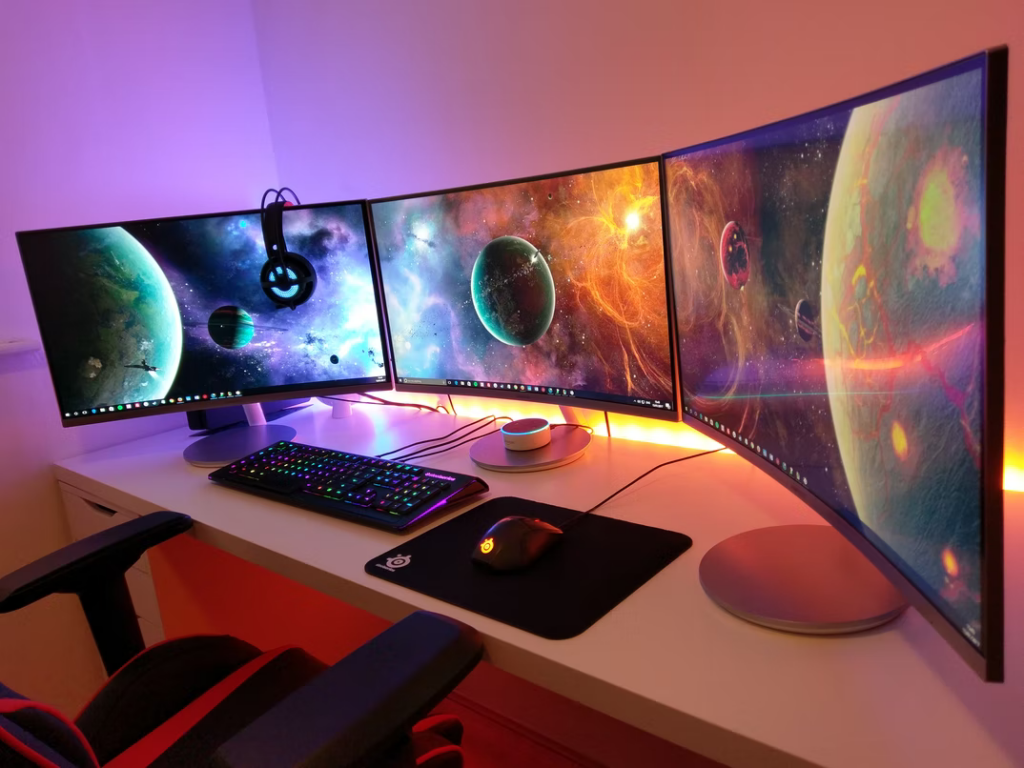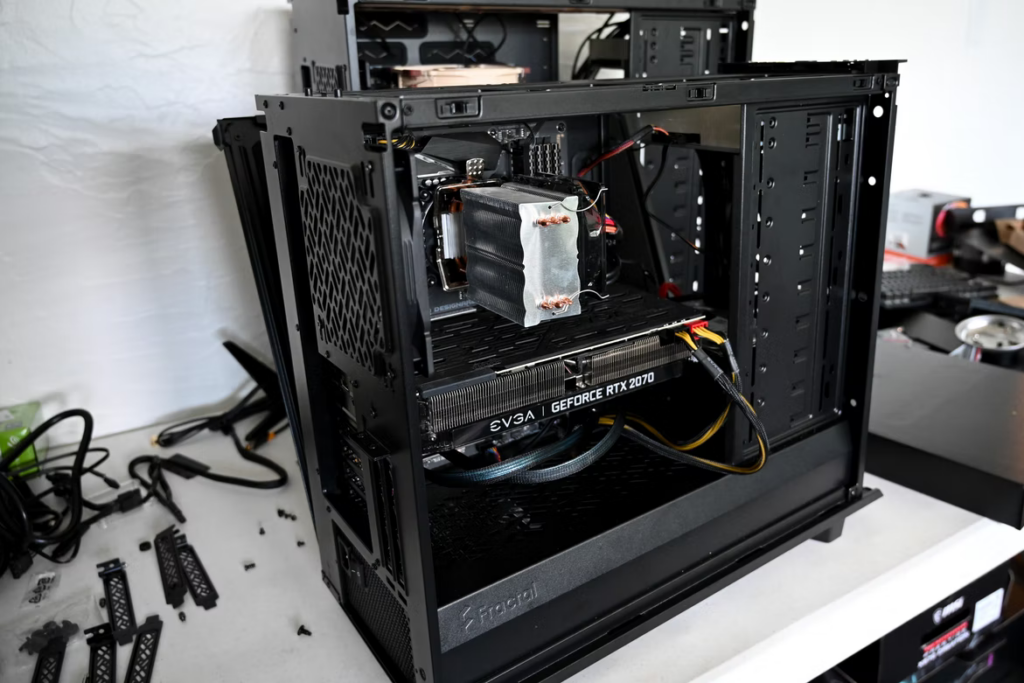What Kind of Computer Should You Buy? Tips and Tricks From the Tech Gurus

There are so many different types of computers on the market these days that it can be hard to know which one is right for you. Do you need a powerful desktop for gaming or video editing? Or would a lightweight laptop be more suitable for your needs? In this blog post, we will take a look at the different types of computers available and help you decide which one is best for your needs. We’ll also discuss the different specifications and hardware that you should consider when making your purchase. So whether you’re in the market for a new desktop, workstation, or even an Asus laptop, read on!
Introduction to Computer Types
So let’s get started! The first thing you need to decide is whether you want a desktop or a laptop. Desktops are larger and more powerful than laptops, but they can be more expensive. Laptops are smaller and more portable, but they usually don’t have as much power as desktops. If you need a computer for gaming or video editing, then a desktop is probably the way to go. But if you’re just looking for something to browse the internet and check your email on, then a laptop is probably more suitable.
Next, you need to decide on the specifications of your computer. This includes things like the processor, the amount of RAM, and the size of the hard drive. You also need to decide what type of operating system you want. Windows is a popular choice, but Macs are becoming more and more popular as well.
Once you’ve decided on the basics, then you can start looking at more specific computers.
Desktops vs. Laptops
There are a few things to consider when deciding whether to buy a desktop or laptop computer. The first consideration is portability – do you need a system that you can take with you on the go, or will you be using it at home or in your office? If you need something portable, then a laptop is your best bet. However, if portability is not a concern, then you can save some money by opting for a desktop.
Asus is a Taiwanese multinational computer hardware and electronics company that produces laptop computers, tablets, mobile phones, desktop PCs, servers, and optical storage devices. Asus also ranks among the top five consumer notebook vendors in the world. In this blog post, we will be discussing what kind of Asus laptop you should buy. There are many different types of Asus laptops to choose from, so we will try to make it as simple as possible for you. If you are looking for a powerful laptop that can do everything, then the Asus ROG G752 is the one for you.
If you are looking for a more budget-friendly option, then the Asus Chromebook C202 is a great choice. This laptop is perfect for students or anyone who needs a lightweight and durable laptop.
Asus also manufactures a lot of high-quality PC parts as well and has its own line of computers.
Another thing to consider is the type of tasks you’ll be using your computer for. If you need a powerful machine for things like video editing or gaming, then you’ll want to look at high-end laptops or desktop workstations. However, if you just need a basic system for web browsing and checking email, then a budget laptop or desktop will suffice.

Workstations vs. Regular Computers
When it comes to choosing between a workstation and a regular computer, it really depends on your needs. Workstations are designed for power users who need the absolute best performance, such as video editors, graphic designers, and engineers. They typically have more powerful processors, more memory, and higher-end graphics cards than regular computers. However, they also come with a higher price tag.
What to Look For In a Computer Hardware Wise
When deciding on a computer, there are certain specs you’ll need to look out for. The most important specs are the processor (CPU), the graphics card, and the amount of RAM. You’ll also want to make sure that your new computer has a good amount of storage space, especially if you plan on storing a lot of music or videos.
Then you have to consider If you want an AMD or Intel processor. AMD processors are cheaper, but Intel processors are faster. The same goes for graphics cards: Nvidia cards are more expensive, but they’re also a lot faster than their Radeon counterparts.
Another concern can be compatibility between CPU and GPU. Make sure the CPU you choose will work with the graphics card you want. Also, make sure you don’t bottleneck your CPU by getting too powerful of a graphics card.
As for RAM, we recommend getting at least 16GB. More is always better, but that’s the minimum you should get if you want your computer to be able to handle anything you throw at it.
Storage is important, but it’s not as important as it used to be. If you’re only using your computer for basic tasks, you can get away with 500GB or less. If you’re a power user, however, you’ll want to go for at least 1000GB and if you are planning on gaming or programming you will want more than 1000GB.
You will need a power supply unit or a PSU with the appropriate wattage for your computer. The wattage tells you how much power the PSU can provide, and you don’t want to overload it or underpower it.
A motherboard, of course, one that is compatible with your CPU and GPU. Make sure to check the socket type of your motherboard and CPU, as well as the bus type of your graphics card.
The computer case is also something you’ll need to take into account. You’ll want one that’s big enough for all of your components, has good airflow, and looks nice.

Budget considerations
When it comes to buying a computer, one of the most important factors you have to consider is your budget. You don’t want to break the bank on a new machine, but you also don’t want something that will only last for a year or two. Luckily, there are options for every budget. If you’re looking for a low-cost option, you can buy a Chromebook or an iPad. If you want something more powerful, you can invest in a laptop or desktop computer. No matter what your budget is, there’s sure to be a machine that fits your needs.
Use this as a guide and do your research before making your final purchase. That way, you can be sure you’re getting the best computer for your needs.










